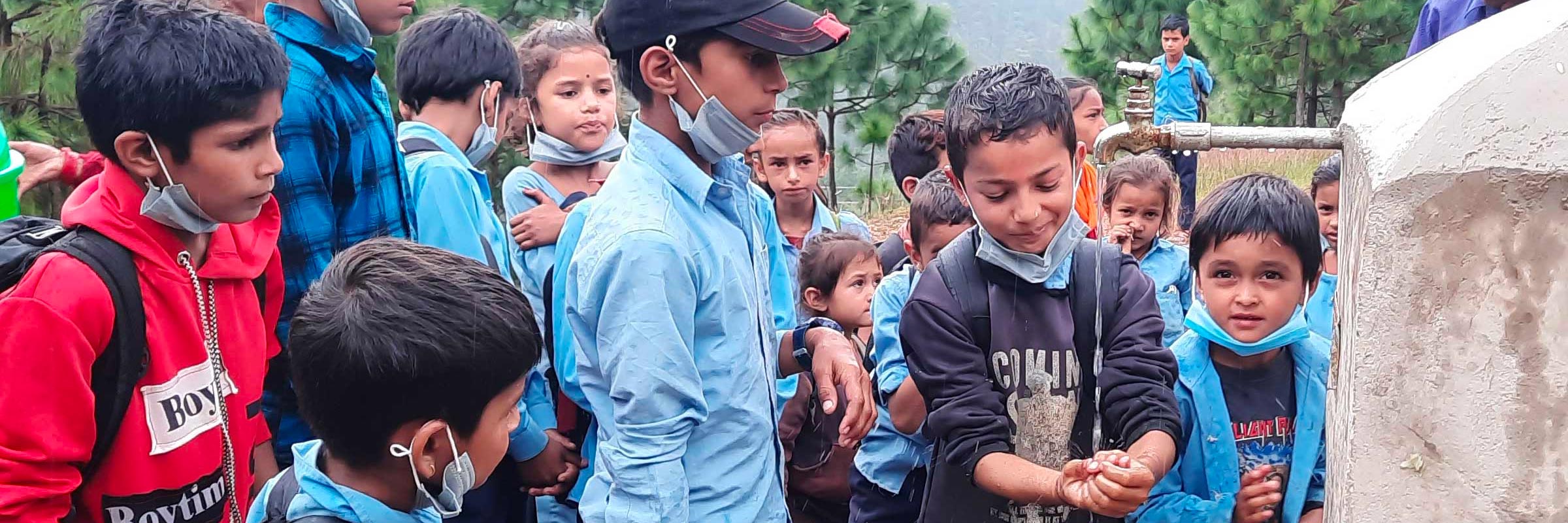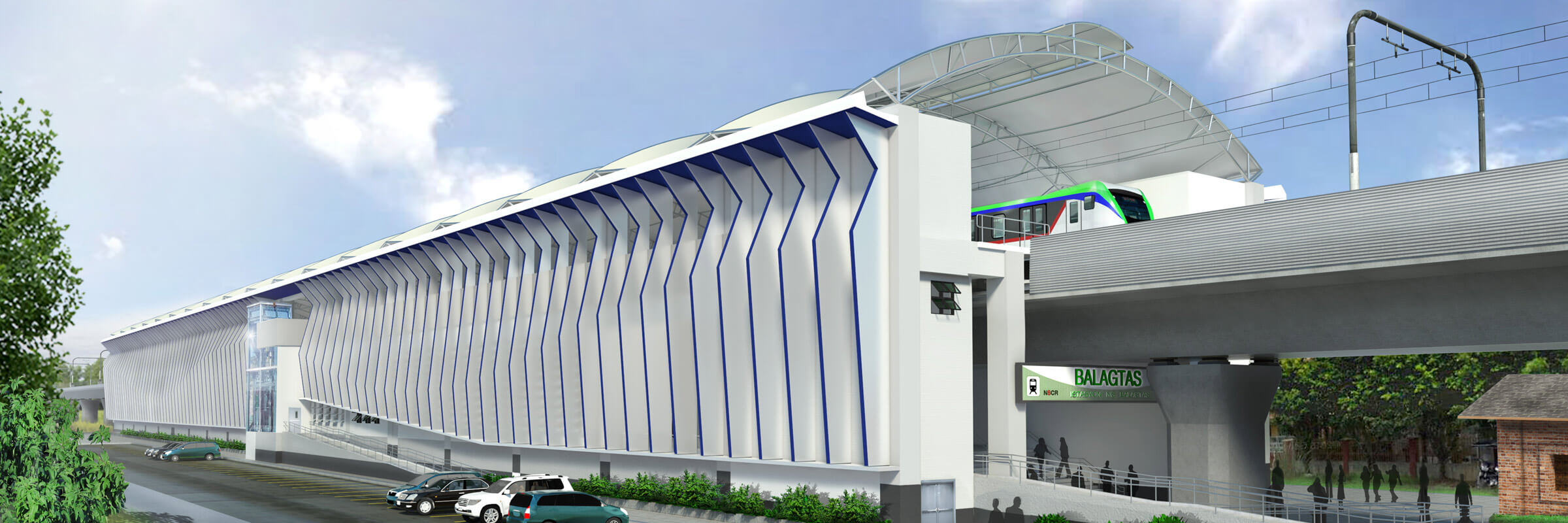
SMEC Foundation

Nepal is among the least developed countries in the world. In rural communities, women and children are often tasked with fetching water, which means having to walk long distances, across difficult terrain. Due to lack of accessible water, it is harder for people to maintain healthy hygiene and sanitation.
The project was fully funded by the McKendrick Family. Activities involved the construction of two intake tanks at Dhadi River and one storage tank. The intake tanks lie approximately 1.8km from the storage tank. Two water distribution tanks were installed in beneficiary villages through a distribution pipeline, supplying clean water to 45 households as well a community health post, a temple, and a school.
SMEC employees in our Nepal office were actively involved in supporting the project at a local level. The local community has been trained on how to manage and maintain the new infrastructure, which ensures the long-term sustainability of the community water system.
Before, we had to walk about 45 minutes downhill and walk back an hour uphill to fetch water and I used to be worried about my school attendance and studies. I can now do my studies as well as help my mother do house chores. We have water tap near our house, so we don’t need to spend time in fetching water but instead I have more time for studies.”
— Sarala Aaire (aged 14) Student of Bhumiraj Adharbhut school
Project Impacts
- Approximately 280 people can now access water at their doorstep as opposed to travelling 2km on foot to fetch water
- The connections enable local women and children to use their time for more productive means
- Water supply facilitates increased agricultural production and animal husbandry – generating increased household income
- Improved community cohesion
- Improved sanitation practices and a reduction in the incidence of common health problems




